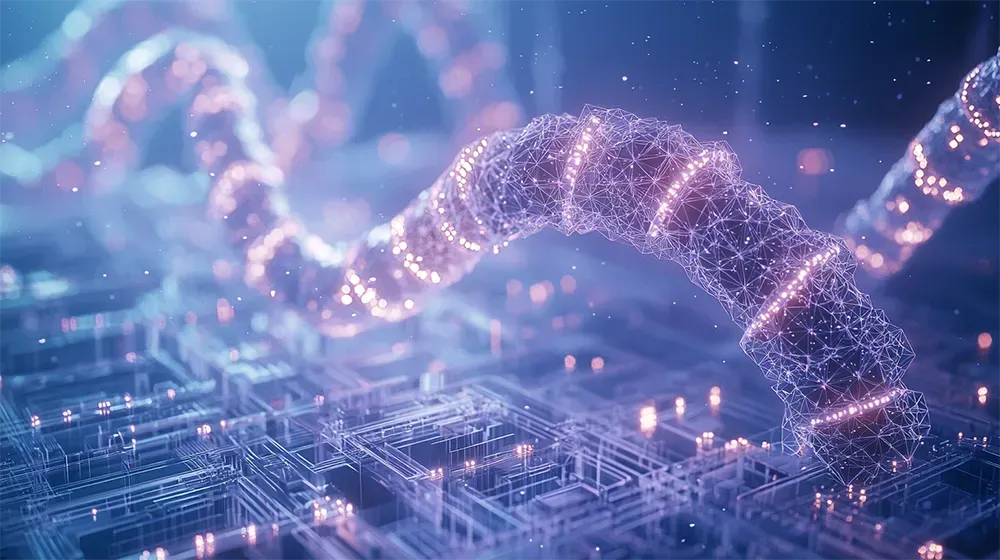DNA Nanorobots: The Future of Synthetic Biology and Therapeutic Delivery

Why rely on biology alone when you can program synthetic cells to do its job better?
Imagine tiny DNA nanorobots altering synthetic cells to open programmable channels for therapeutic proteins. Researchers at the University of Stuttgart have developed a breakthrough tool that reshapes lipid membranes, offering synthetic cells new capabilities like precise drug delivery.
These reconfigurable DNA structures can form and reseal channels in model membranes, mimicking living cells but without the biological complexities.
Using Giant Unilamellar Vesicles (GUVs) as cell-like models, scientists programmed the nanorobots to influence cell shape and control permeability. This opens doors for more efficient therapies by transporting large molecules into cells:
- DNA nanorobots create programmable transport channels.
- The process mimics but simplifies biological systems.
- Future applications include precision drug delivery and understanding disease mechanisms.
Could DNA nanobots redefine how we treat diseases, shifting biology into the digital age?
Read the full article on Phys.org.
----
💡 We're entering a world where intelligence is synthetic, reality is augmented, and the rules are being rewritten in front of our eyes.
Staying up-to-date in a fast-changing world is vital. That is why I have launched Futurwise; a personalized AI platform that transforms information chaos into strategic clarity. With one click, users can bookmark and summarize any article, report, or video in seconds, tailored to their tone, interests, and language. Visit Futurwise.com to get started for free!






